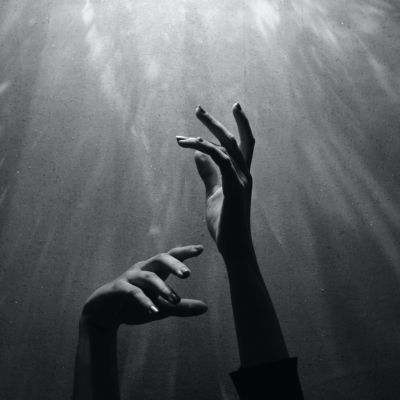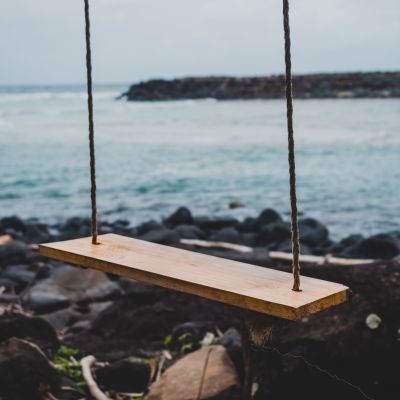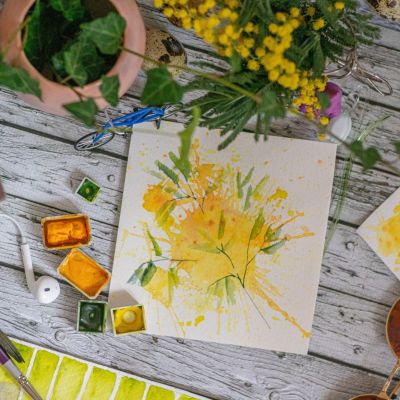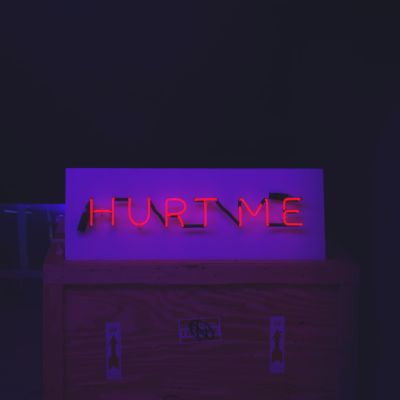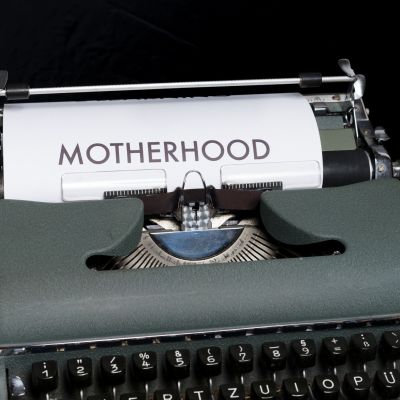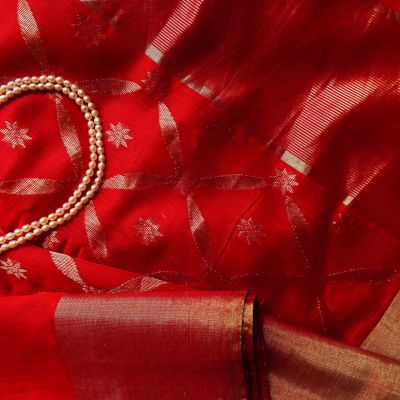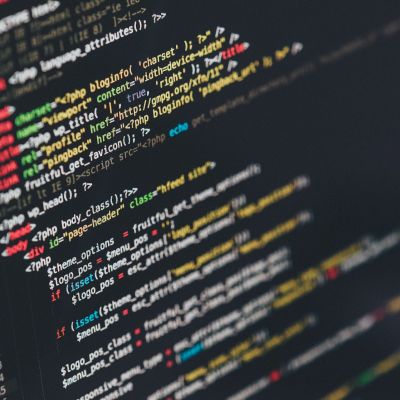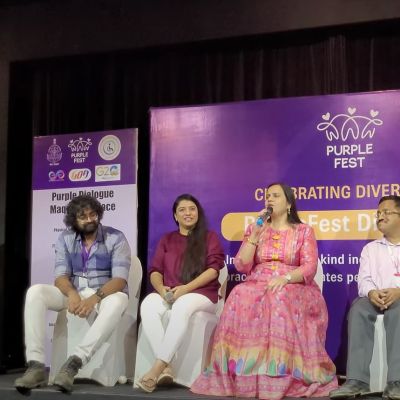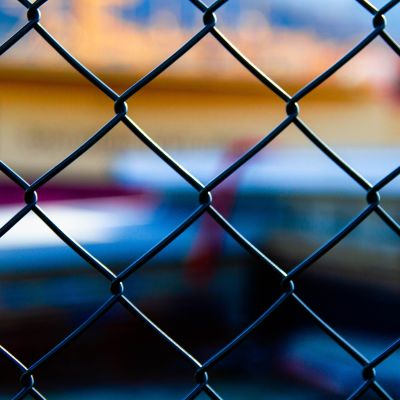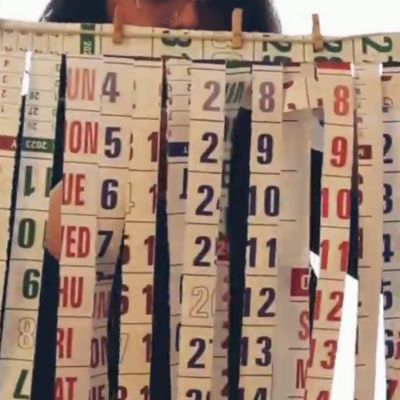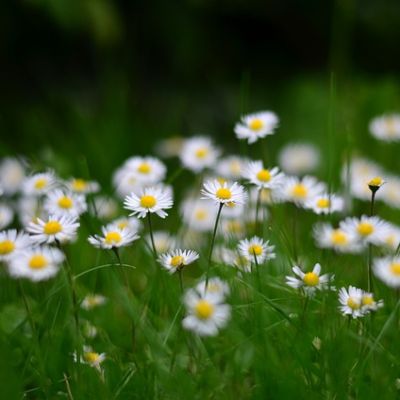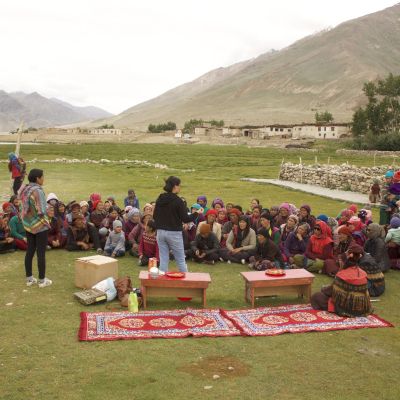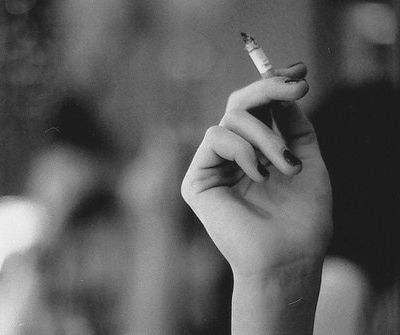Voices
“Something about this pose brought about a sense of owning my body, my persona, my expression, my sensuality, my whole being. The drop of the hip made the bottom vertebrae curve, and appear out of alignment from the rest of my spine. A deviance, defiance of the normal straight stance. A resistance, a revolt of sorts.”
This awareness of the status ascribed to women – the status of being the objects of men’s desires – affects every aspect of a woman’s life. Desire then, in particular, becomes an aspect of a woman’s life where navigation becomes tricky.
I realise that a lot of men want (and need) to dominate women not because it is mutually pleasurable but because it reinforces patriarchal hierarchies. The taboo around kink, as a larger space of exploration, and BDSM, as a part of it, only furthers the violence, intensifying the apparent mystery of these subjects.
The idealisation of motherhood is crucial to our culture; it is important that the mother is self-sacrificing. This sacrificial instinct isn’t limited to women’s behaviour. It goes on to encompass the entirety of her corporeality and the way she performs it.
Drag is more than a form of entertainment or art form or a form of comedic release, it’s the realization of the fun of being queer or having a queer perspective.
We had gathered to [discuss] digital self-determination for people with disabilities… focusing on its core component: the self. How can I be myself in digital spaces? What gives me more of a sense of self in these spaces? How can design, technology and policy contribute to helping me determine myself in digital spaces?
The linkages between access, health, violence, the law, workplaces, gender and sexuality are really high and that’s why we all today—whether we are working on street accessibility, education, disability and employment—need to bring and build our collective understanding around gender and sexuality, keeping it at the core of our work with people, youth, and women with disabilities.
शायद ये मेरा ख़ुद को यह समझाने और भरोसा दिलाने का प्रयास था कि हो न हो, मैं क़्वीयर लोगों के इस समाज का अभिन्न अंग हूँ और अगर मैंने परेड में लगने वाले सभी नारे याद कर लिए, उनकी बोलचाल के शब्द रट लिए, तो अगले साल की परेड मेरे लिए बहुत अलग होगी और मैं इसमें बढ़-चढ़ कर भाग ले पाऊँगी।
सामाजिक तौर पर अनेक उपेक्षित समूहों के लोगों को अपनी यौनिकता सिद्ध करने में अलग-अलग कठिनाईओं, क्षोभ, और दुख का सामना करना पड़ता है, लेकिन मेरे लिए तो यौनिकता के बारे में चर्चा कर पाना एक बौद्धिक कार्यकलाप के तौर पर सामने आया, एक ऐसा विषय जिस पर आसानी से रचनात्म्क चर्चा करना संभव था। सामाजिक विशेषाधिकार कुछ ऐसे ही काम करते हैं।
The artwork with its process video titled ‘Unmaking of a Calendar’ is an attempt to challenge the ableist lens through which we observe accessibility to sexuality.
“City-living gave me talons and claws, but now I want to put those away. I want something else. I want softness. I want grass under my feet. I want the fist in my stomach to slowly unclench. I want the garden of my childhood to get lost in play while letting sunlit hours pass over to rosy dusk.”
Ladakh is famous for its beautiful mountains, big monasteries and unique culture and traditions. Thousands of tourists visit every summer…
She turns towards me when I speak, and I can feel her eyes thinking over my words, sensitive to any hint of criticism. Her thighs slide against mine, and for a moment we are both distracted by the naked coolness of our bodies. For a moment, we look at each other.
You see, you are being pushed and pulled in all directions because people around you, whether family, friends or the larger society, expect you to behave in a particular fashion and stick to existing norms. However, your inner voice is telling you to challenge these norms and follow your own path.

